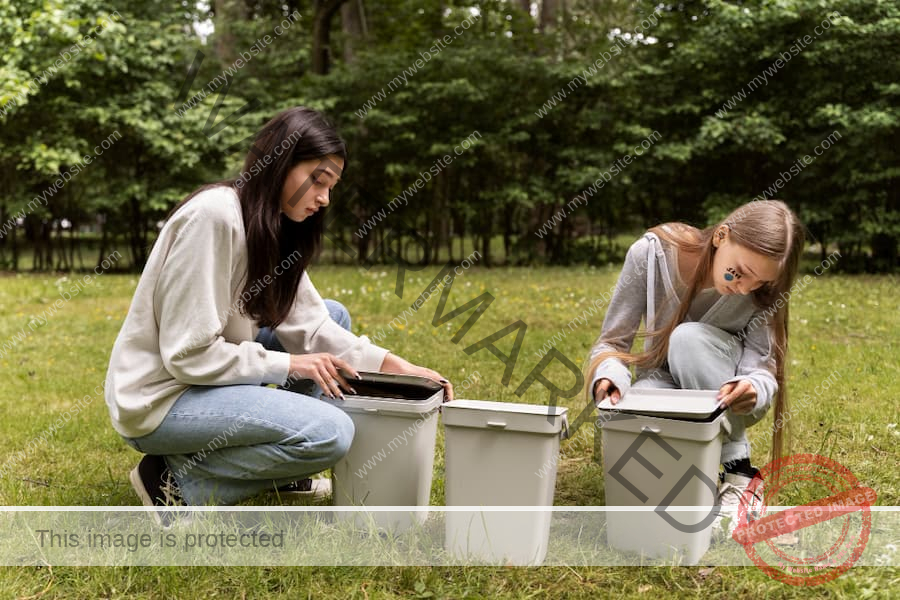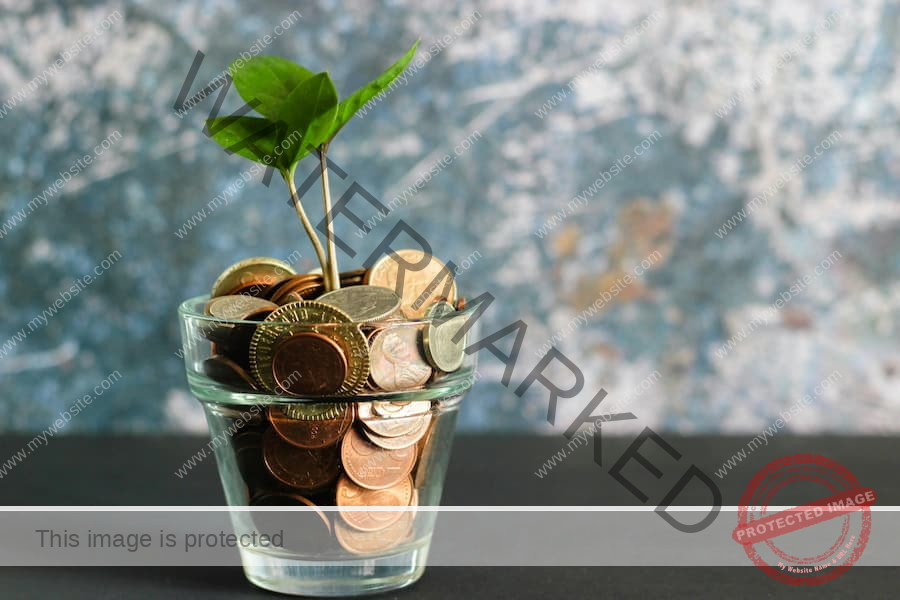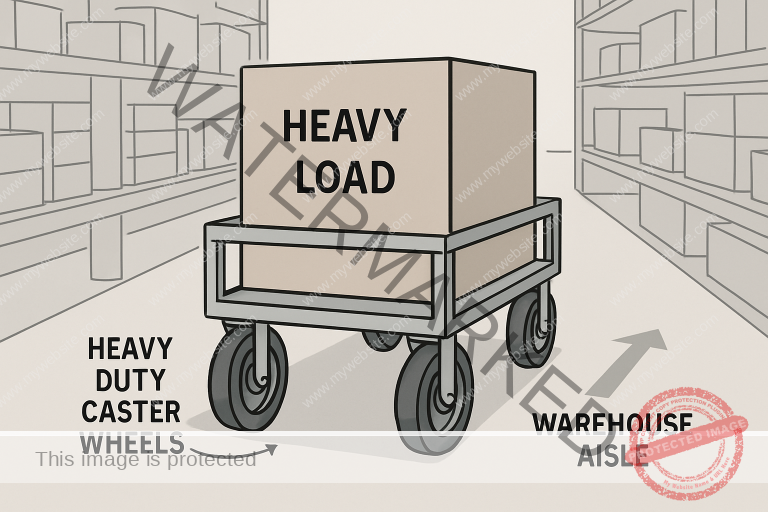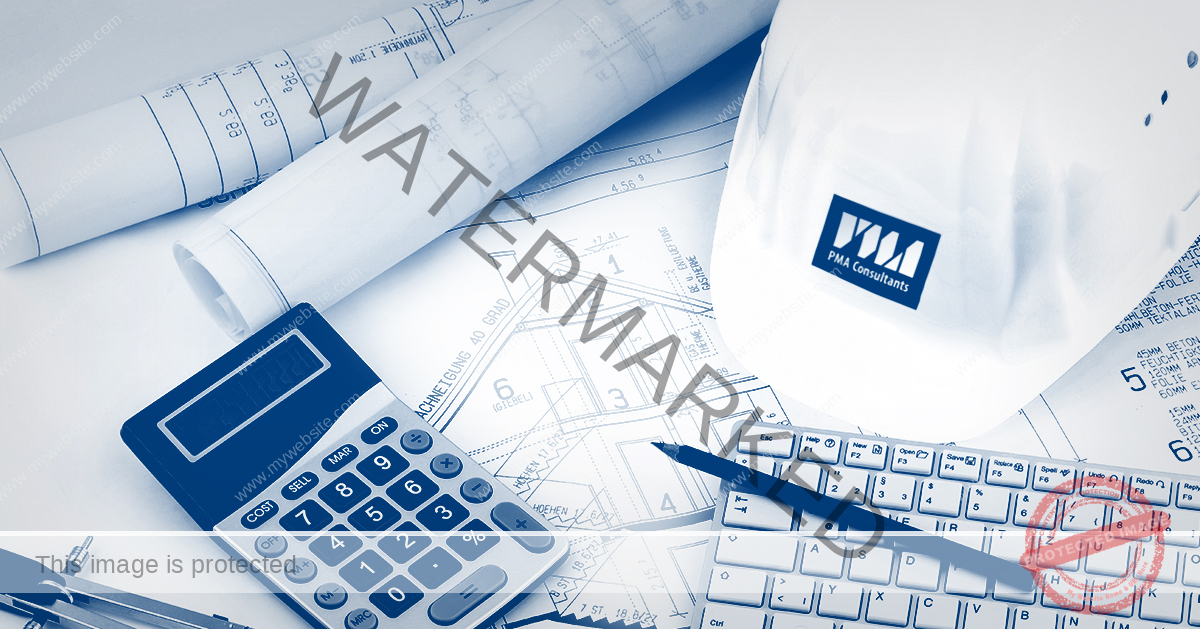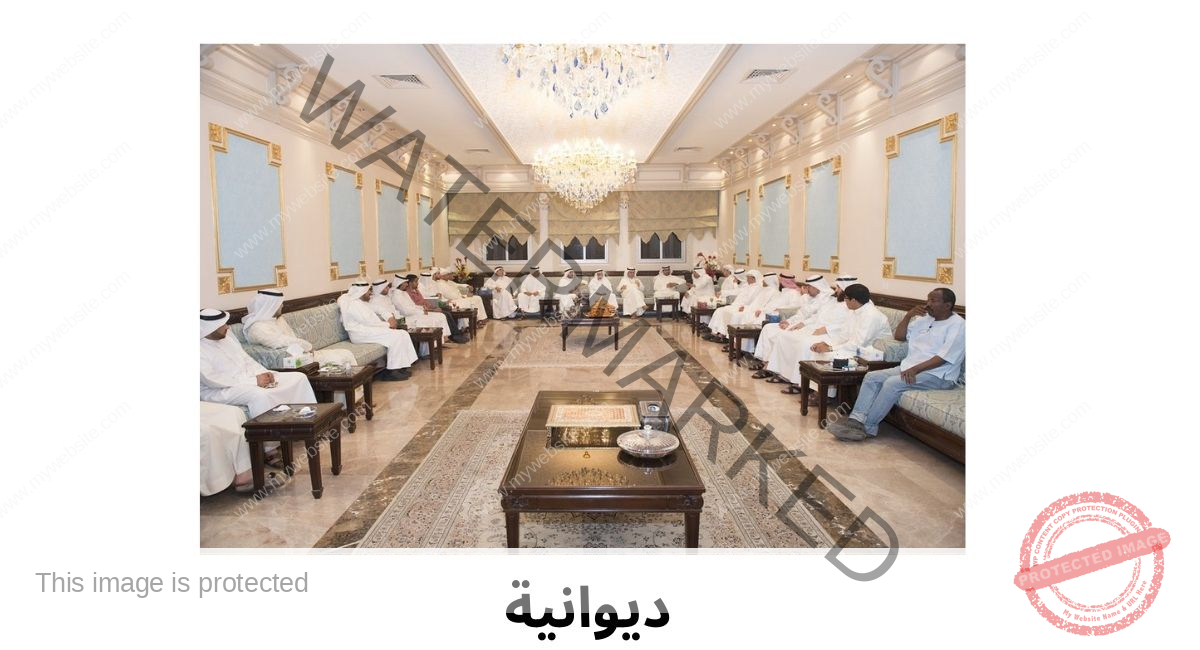All of the waste from a home is called residential waste. Unlike industrial or commercial waste, home waste shows how people live, work, and function. This waste is usually picked up by contractors who work for the government or for themselves. Depending on the laws in your area you can burn recycle compost or throw it away in a landfill. There are different types of wsste in our houses. Food scraps and garden waste can be composted by bacteria. When thrown away in landfills, they let out methane a strong greenhouse gas.
The Social and Economic Dimensions
Waste from homes hurts the economy, society, and the environment. People who live near landfills and incinerators are more affected by bad waste management because they are poor. Pollution makes these communities more likely to have health problems like respiratory, waterborne and other types of problems. In developing countries waste pickers have to work in dangerous conditions without any social protection to stay alive.
It costs a lot for local governments to deal with residential waste. As cities grow and more people move in, the costs of collecting, moving, treating and getting rid of waste go up. Waste systems also miss chances to make money. Recyclables that have been sorted and processed can make money and jobs. But waste that goes to a landfill hurts the environment and makes used materials less valuable. Investing in waste reduction, seeking help from skip hire—such as skip hire Failsworth, recycling, and composting programs is good for the economy and the environment.
Why You Should Care
Everyone is responsible for residential waste, and the first step is to be aware of it. Everyone makes waste and deals with its effects. The way we buy, use and throw things away is important. Reducing waste, reusing things, recycling things and composting organic materials can all have a big effect on the environment. A lot of people changing small habits like not using single use plastics buying in bulk or giving away things they don’t want, can have big effect.
Also, knowing about residential waste can help make policies and infrastructure better. To work, municipal waste management systems need people to work together. More recycling centres, laws that support the circular economy, and extended producer responsibility all make society more sustainable. When people ask for cleaner, more efficient systems, governments and businesses are more likely to change.
The Role of Innovation and Technology
In the last few years, new ideas and technology have changed how we throw away residential waste. Smart bins have sensors that can figure out how much waste there is and the best way to pick it up. It cuts down on emissions and costs of running. Using AI and robotics in advanced sorting technologies can make recycling work better and get better results. People can use apps and online services to learn how to throw away waste the right way, report illegal dumping, and trade things they don’t want with their neighbours.
Technology has also made composting easier. Small home composting units make it easier for people who live in cities or on flat land to compost their organic waste. But these new ideas can work if there are strong rules and people know about them. Technology can not help people who do not know how to change their behaviour or do not want to. These tools on the other hand promise smarter and greener ways to handle waste.
Conclusion: Towards a Sustainable Future
Waste from our homes is more than just a byproduct of daily life; it shows how we interact with the world around us. How it is run, or not run, has a direct effect on the economy, public health, and the environment. Residential waste is both a problem and a chance to do something good. It makes us think about how we use things, how easy they are to get and how they affect the environment. It also helps us build stronger communities encourage new ideas in business and protect natural ecosystems. To cut down on waste, we need a culture that values being resourceful, taking care of things and seeing the future.
A lot of communities around the world are showing what can be done. Pay-as-you-throw, recycling, and community composting all help cities get rid of waste. Schools and public campaigns are teaching kids about the environment. These efforts show that change is possible and needed.
Visit Hooyam for more informative blogs.


